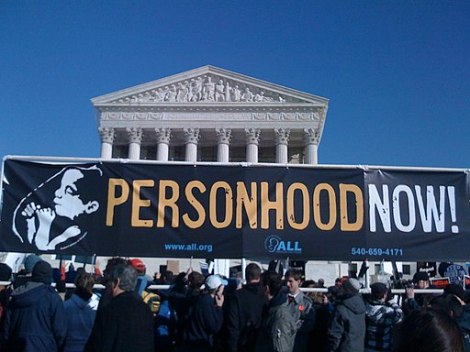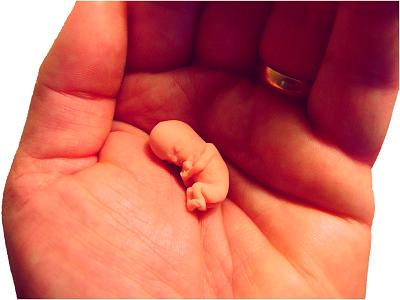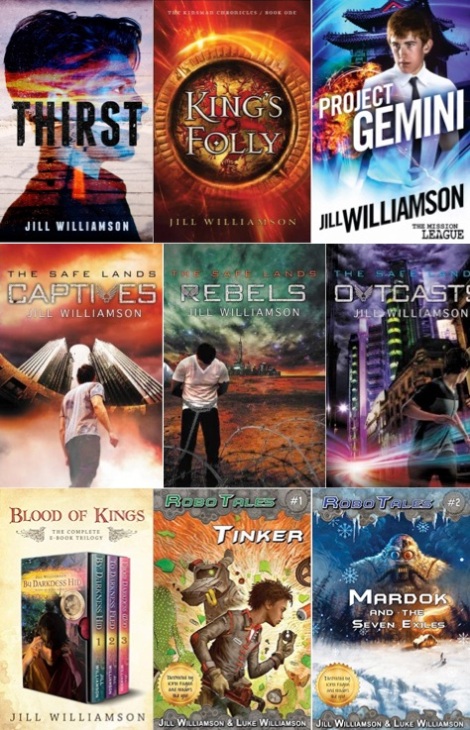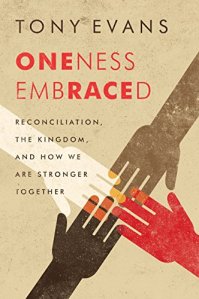 On its face, socialism may seem to be a compassionate idea—a “no person left behind” idea. Some Christians even think it is Biblical. But is it?
On its face, socialism may seem to be a compassionate idea—a “no person left behind” idea. Some Christians even think it is Biblical. But is it?
Those favoring socialism may point to the first church—a group of Jews who responded to Peter’s sermon on Pentecost and put their faith in Jesus Christ. The Bible tells us about that group of believers: they spent time together. They shared their stuff with each other, even to the point of selling stuff to help the people in need: “And all those who had believed were together and had all things in common; and they began selling their property and possessions and were sharing them with all, as anyone might have need.” (Acts 2:44-45)
Sounds like socialism, right?
Not really. This was not an economic plan instituted as a mandate. These were people with a common purpose taking care of one another voluntarily. We know this when Peter later addresses a couple who sold a house and brought part of the proceeds as a gift to the church. The problem was, they lied about the amount, claiming they had given the entire sum.
Before pronouncing judgment, Peter said, “While it remained unsold, did it not remain your own? And after it was sold, was it not under your control?” (Acts 5:4a)
So nobody, not the government, certainly, and not the church, had mandated this principle of sharing. Rather God seems to lift up generosity, both from individuals and from church bodies. Paul, for example, praises the church in Philippi for sending him gifts from time to time. And Jesus Himself praised the poor widow for giving her last coin for the work in the temple.
In contrast to the instituted “sharing” of socialism, the Bible has much to say about the concepts behind capitalism.
- The one who doesn’t work, doesn’t eat.
- The worker is worthy of his wages.
- Our money should be invested and grow.
I know the parable of the talents that Jesus told had spiritual implications, but first, like all parables, it was grounded in the physical. The story Jesus told was about servants investing their master’s money. Two succeeded, one did not. The guy who earned no money actually hadn’t made an investment, and it was for this reason that his master punished him. He didn’t judge him because he made a bad investment but that he didn’t even do the bare minimum—he didn’t even put the money in the bank.
Beyond these basics, there is a fundamental issue that we shouldn’t ignore: man’s sin nature. Because we have this tie to sin, this dead weight that pulls us away from God’s holiness, we will never have a perfect system of finance or government.
Therefore, the bottom line is that in socialism, people will take advantage. They will try to get something for free, something they don’t deserve, and something they don’t need. In capitalism, some people will be greedy; they try to take advantage of others and get more and more and more, beyond what they need.
Because I live in California, I’ve seen a little of what “socialism” can do. The obvious problems are people lying to get “benefits” from the state. A friend related how her family, when she was a child, signed the kids up for free lunches at school, even they they were not in financial need. They just wanted the free stuff. There are many, many, many more examples I could cite.
Of course, there is the dis-incentive for dads to be in the home because single moms get money for each child they have when the dad is absent. It’s financially profitable for moms to be single moms. That has serious repercussions for how children are raised, the values they learn, they goals and aspirations they have, the ethics and morality they believe in.
On the other hand, the government locks you into a level of poverty that you can’t climb out of. For example, if you are part of the Medical program or the Cal Fresh (food stamps) you can only have a certain amount of money in the bank.
For instance, a neighbor who is part of the Cal Fresh program, was notified that they would lose their benefits. They had a vehicle stolen. They received money from the insurance company and were looking for a replacement vehicle. Before they found one, the government was at the door telling them they would no longer qualify for the food program unless they spent that insurance money by a certain time. So how does anyone save for, let’s say, a downpayment on a house or the first and last months’ rent or for a new car? They are essentially trapped at their level of poverty, unable to “get ahead.”
All that to say, socialism isn’t always beneficial even for the people receiving benefits.
Clearly the Bible points to people working and getting paid for their work. It points to both people and the Church being generous and helping those in need. But generosity is never mandated.
History only shows us failed socialist societies—the USSR, East Germany, Venezula, etc. Perhaps the failures are due to the authoritarian governments that implemented the socialist policies, but there’s also the possibility that authoritarianism is the natural result of socialism. If the government owns all the banks or oil companies or transportation entities, doesn’t that lend itself to authoritarian control?
But even if socialism “worked,” I don’t believe the utilitarian outcome will supercede the Biblical models and mandates. There’s more we could add to this discussion, obviously, but hopefully this will start us all thinking more about the trends some in our country would like us to go.






 Clearly, Hunger is the Part 2 of this two-book explanation for the existence of the world a reader will discover in the Safe Lands trilogy. For those who have not read the Part 1—Thirst—I strongly encourage you to start there. The really good news is that the book is available on Kindle for $2.99. That’s a steal. This book is fast-paced and highly entertaining. No one should worry that they will arrive at a cliffhanger ending, though it’s evident at the conclusion of Thirst that there needs to be more story. (See
Clearly, Hunger is the Part 2 of this two-book explanation for the existence of the world a reader will discover in the Safe Lands trilogy. For those who have not read the Part 1—Thirst—I strongly encourage you to start there. The really good news is that the book is available on Kindle for $2.99. That’s a steal. This book is fast-paced and highly entertaining. No one should worry that they will arrive at a cliffhanger ending, though it’s evident at the conclusion of Thirst that there needs to be more story. (See 



 Oneness is hard achieve. Let the kingdom unity of Scripture point the way.
Oneness is hard achieve. Let the kingdom unity of Scripture point the way.
![PowerElementsCharacterDevelopment[1000][1]](https://rebeccaluellamiller.files.wordpress.com/2015/05/powerelementscharacterdevelopment10001.jpg?w=205)







